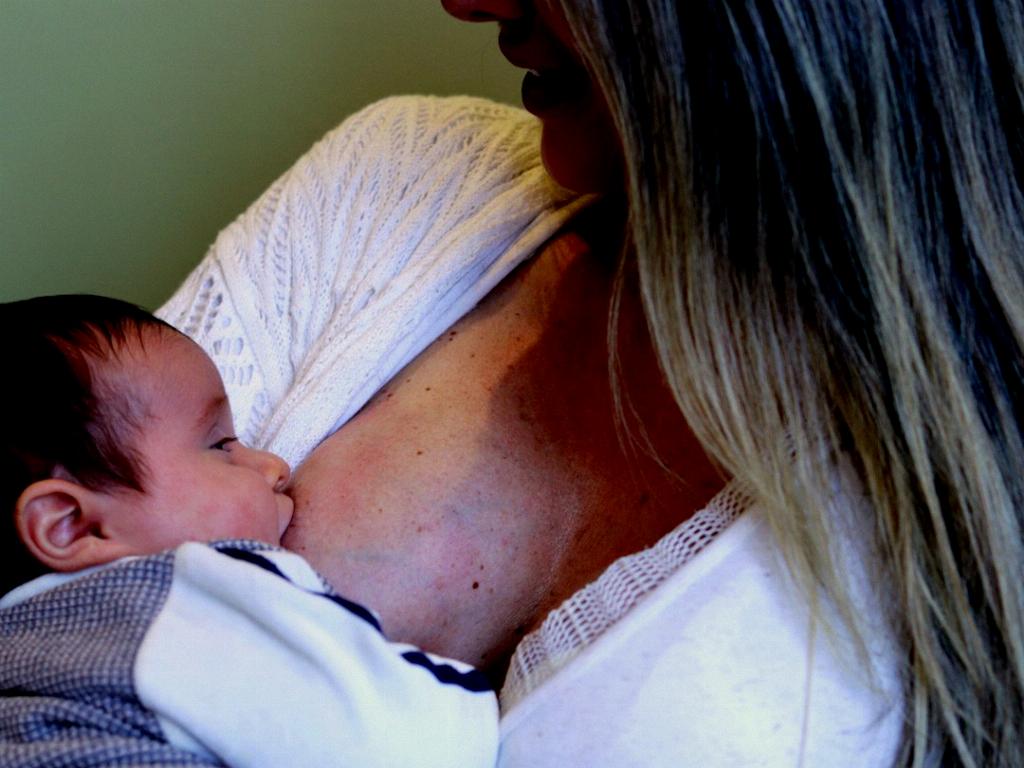When it comes to the issue of whether breastfeeding videos are illegal, it’s essential to consider the legal framework that governs such content. In this article, we delve into the complexities of the law and shed light on the question at hand.
The Relevance of 18 U.S. Code ?2257
One crucial aspect to consider is the application of 18 U.S. Code ?2257, which sets requirements for record-keeping by producers of sexually explicit content. However, a careful analysis reveals that for breastfeeding videos to be deemed illegal under this statute, they would need to meet the criteria of “sexually explicit conduct.”
Interpreting the Statute
Upon closer examination, it becomes evident that the definition of “sexually explicit conduct” outlined in ?2257 does not encompass breastfeeding. The statute specifically delineates various sexual acts, none of which include breastfeeding as a qualifying behavior.
The Lack of Sexual Intent
When evaluating the legality of breastfeeding videos, the absence of sexual intent is a crucial consideration. Breastfeeding, being a natural and essential aspect of caring for an infant, lacks the erotic or salacious elements typically associated with sexually explicit content.
Protecting Freedom of Expression
Freedom of expression is a fundamental right upheld in many legal jurisdictions. In the context of breastfeeding videos, the act itself is an expression of maternal care and nourishment, devoid of any inherently sexual connotations.
Parental Rights and Choices
Parents have the autonomy to make decisions regarding how they care for and nurture their children. Breastfeeding, being a personal choice that promotes the health and well-being of infants, falls within the realm of parental rights rather than illicit behavior.
Public Perception and Stigma
Society’s attitudes towards breastfeeding have evolved over time, with greater acceptance and normalization of the practice. Viewing breastfeeding videos through a lens of stigma or taboo may overlook the primary purpose of such content: to educate and support mothers in their breastfeeding journey.
Educational and Informative Value
Many breastfeeding videos serve an educational purpose, offering guidance and resources to new mothers seeking information on breastfeeding techniques, challenges, and benefits. These videos contribute to the dissemination of valuable knowledge rather than promoting obscenity.
The Importance of Context
Context plays a significant role in determining the legality of content. Breastfeeding videos, when presented in a context that emphasizes their instructional or documentary nature, are unlikely to be classified as illegal material under prevailing laws.
Legal Precedents and Rulings
Existing legal precedents and court rulings pertaining to similar cases can offer insights into how the law interprets and applies regulations regarding content related to breastfeeding. These precedents shape the legal landscape surrounding such videos.
Community Standards and Guidelines
Community standards and guidelines are often influential in shaping perceptions of propriety and legality. As societal attitudes towards breastfeeding evolve, so too may the standards that govern the classification of breastfeeding videos within legal frameworks.
Conclusion: The Legality of Breastfeeding Videos
In conclusion, based on the analysis of relevant statutes, intent, societal norms, and educational value, breastfeeding videos are unlikely to be deemed illegal under current legal standards. While caution and respect for legal boundaries are essential, the expressive and nurturing nature of breastfeeding videos aligns with the principles of free speech and parental rights.

